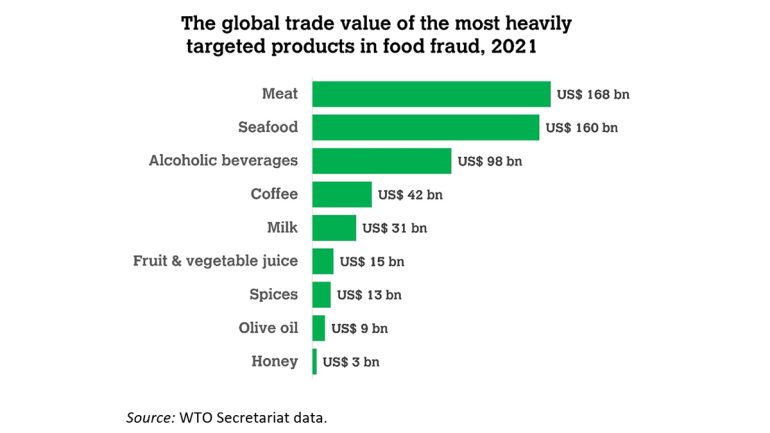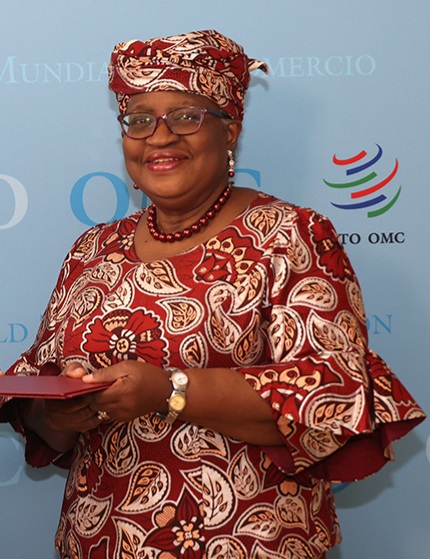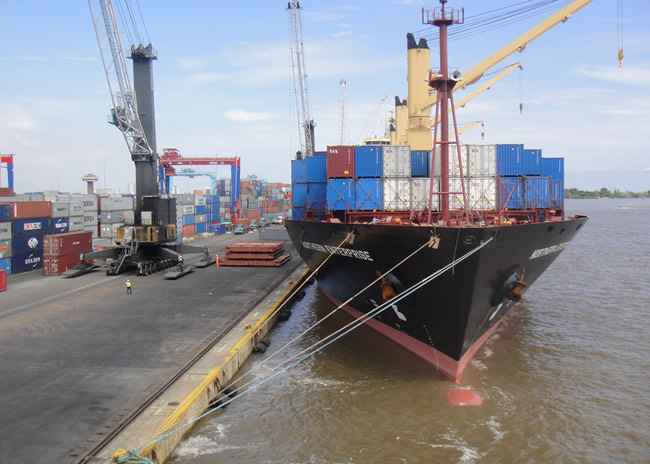The World Trade Organisation (WTO), in its recent publication on fighting illicit trade in medical products,said that illicit trade damages societies and hinders economic growth and development.
In the report, WTO’s Deputy Director, Jean-Marie Paugam, noted that although the global cost of fraud to the food industry is difficult to determine given the clandestine nature of the activity, annual estimates are in the range of $30–50 billion, not including losses associated with illicit trade in alcoholic drinks.
It stated that the WTO Secretariat, under the leadership of Director-General Ngozi Okonjo-Iweala, had been examining how WTO rules help members address some of the challenges posed by such trade.
In the publication, Okonjo-Iweala emphasised that wider efforts were needed to deepen international cooperation and to provide the technical assistance needed to strengthen members’ capacity to combat illicit trade.

She disclosed that the WTO Secretariat had launched a new publication on illicit trade in food and food fraud to address the role the WTO could play in helping to tackle this issue.
The publication draws on the expertise of a diverse range of organisations, including the Food and Agriculture Organisation of the United Nations, the International Seed Federation, a non-profit organisation for food safety, the Transnational Alliance to Combat Illicit Trade, and the United Nations Interregional Crime and Justice Research Institute, to examine this issue from various perspectives and highlight strategies for tackling illicit trade in food and food fraud.
“Illicit trade and fraud in the agri-food sector have a damaging impact on various stakeholders, ranging from consumers, farmers and agri-businesses to regulators and other operators within the food industry.
The impacts of illicit trade can be far-reaching, affecting different segments of society and the economy. Illicit trade in food and food fraud causes economic losses to legitimate businesses through the loss of sales and consumer confidence.
Governments not only lose valuable revenue as a result of tax evasion but also incur costs in the fight against counterfeit crime and smuggling,” she said.











